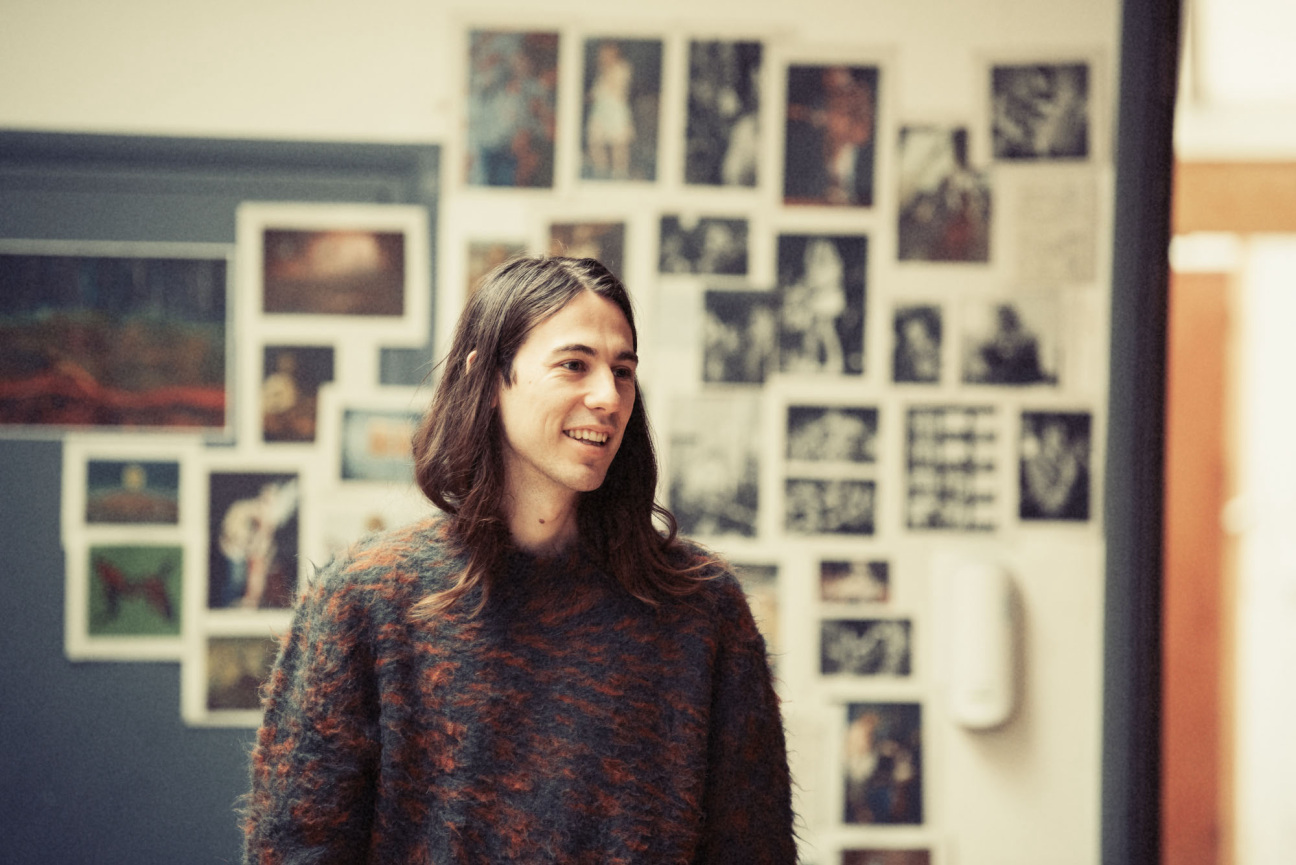
The first act of Last Days, an opera composed by Oliver Leith and co-directed by Matt Copson and Anna Morrissey, is punctuated by a turntable playing the production’s only aria. Pop darling Caroline Polachek lends her voice to the piece, which concludes with the words, “Non voglio che finisca mai”—I don’t ever want it to end.
Endings are at the center of the opera, an adaptation of Gus Van Sant’s 2005 film of the same name, which takes Kurt Cobain’s demise as its loose blueprint. Onstage, Blake—the protagonist who mirrors the Nirvana frontman—is incarnated by Agathe Rousselle, the breakout star of 2021’s Titane. After a sold-out run at London’s Royal Opera House in 2022, the opera's U.S. premiere made landfall last night at the Los Angeles Philharmonic.
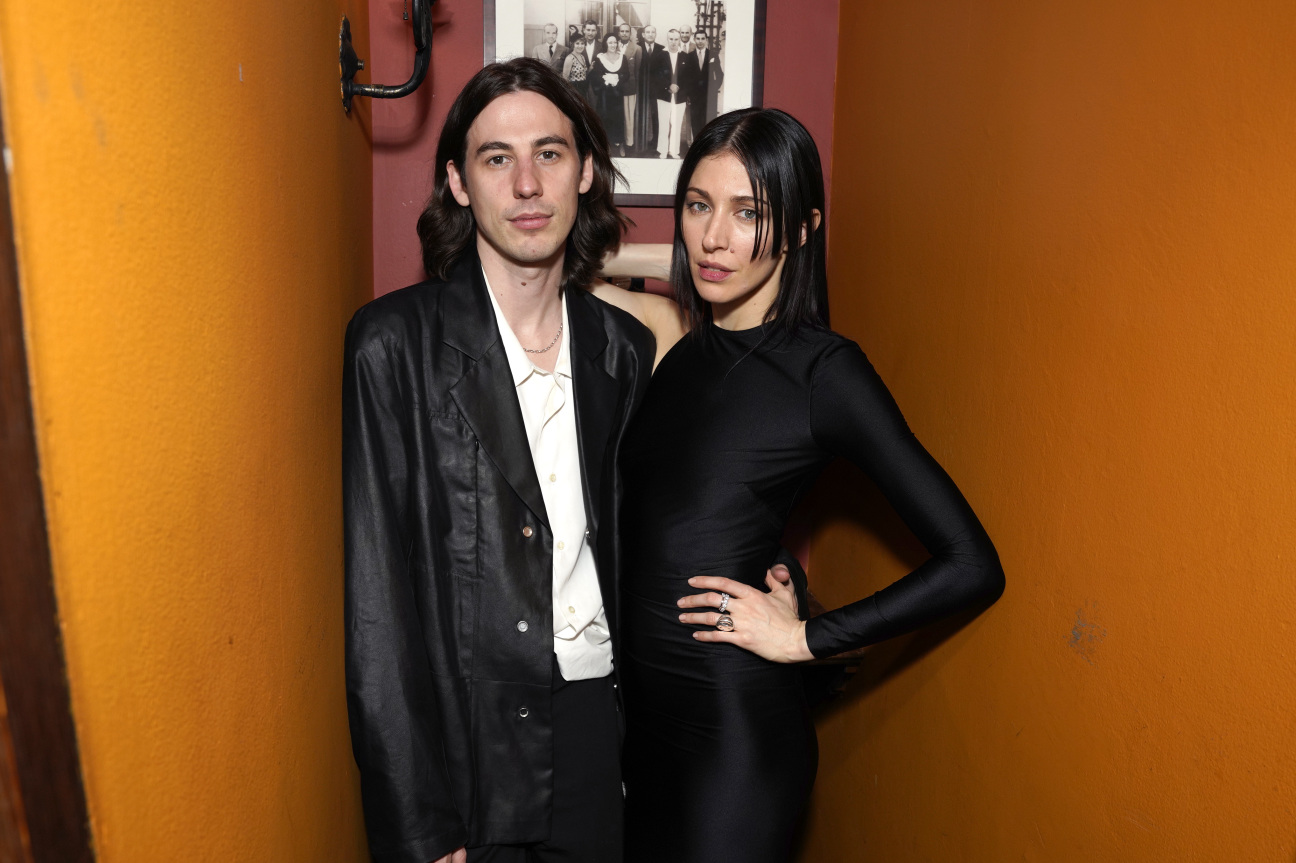
The performance, which was met with standing ovations from the packed concert hall, was followed by an after-party at the Chateau Marmont produced by Svetlana Marich, Photonia Art Event Production Company founder, with support from TCOLLECTION Private Contemporary Art Foundation of art collector Tatiana Fileva. A constellation of stars—including Chloe Sevigny, Phoebe Bridgers, Leonardo DeCaprio, Charli XCX, Toby Maguire, and many others—gathered at the iconic hideaway for drinks and dancing, with a DJ set courtesy of Caroline Polacheck.
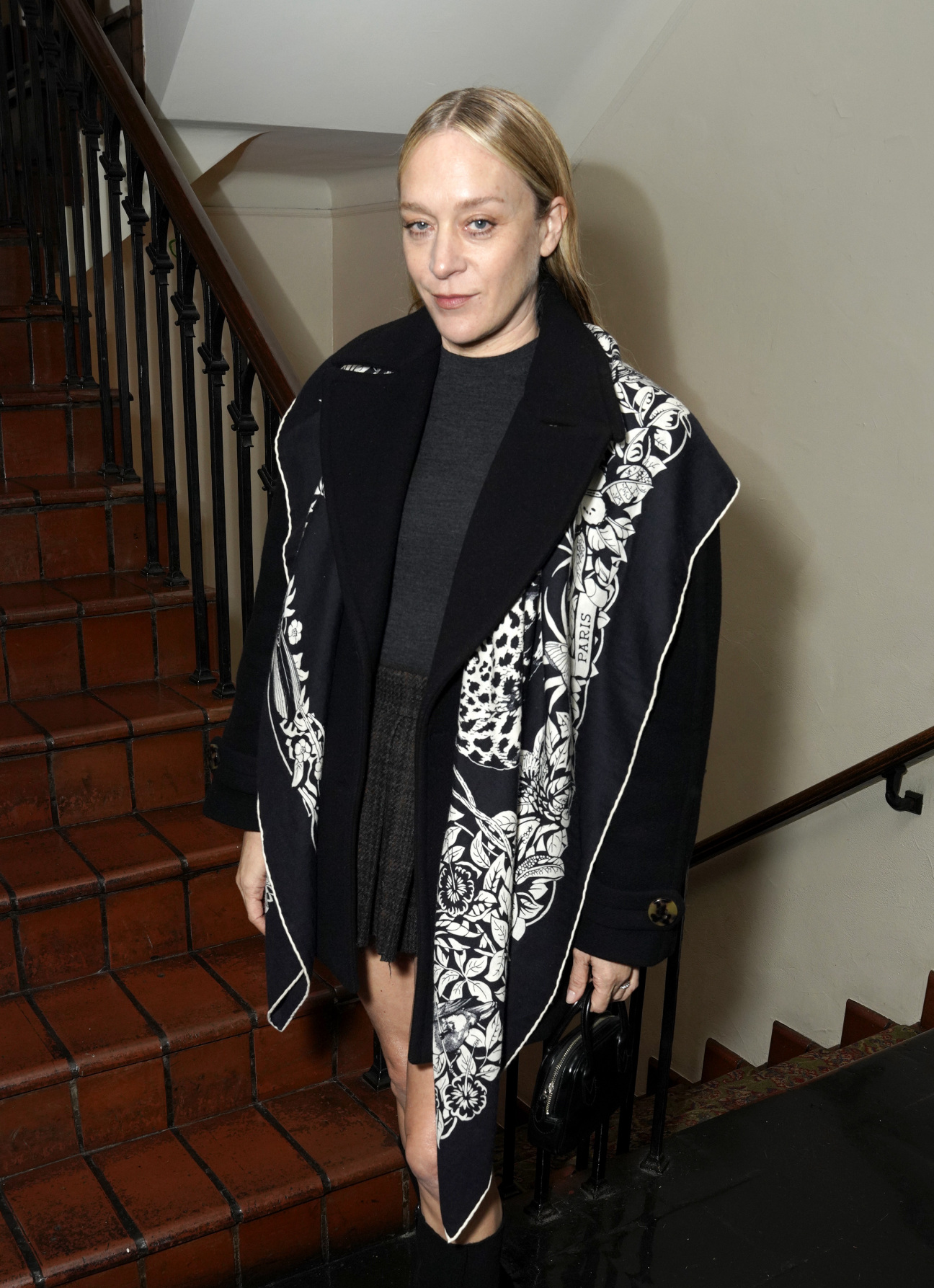
As the night went on, Skrillex made an impromptu appearance at the DJ booth, the crowd swelling in response to the surprise performance. Magicians roamed the space, dazzling guests with sleight of hand tricks, while throngs of guests—including Rousselle, Copson, and Polacheck—squeezed into the photobooth to pose for pictures. Guests lingered late into the evening, carrying on the festivities in one of the hotel's bungalows when the patio closed for the night.
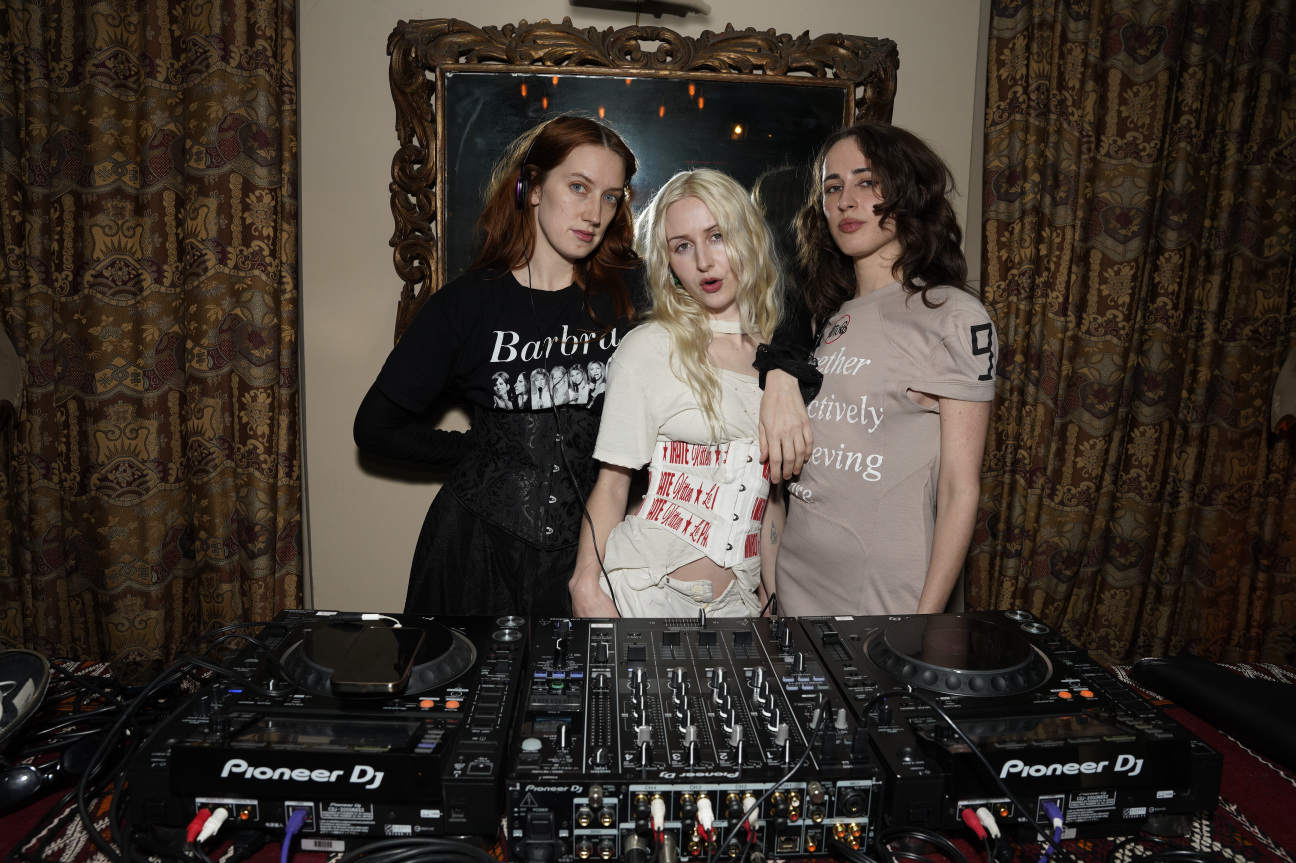
To mark the American debut of Last Days, Rousselle and Copson, who is also a visual artist, took CULTURED behind the curtain.
CULTURED: How did you two meet?
Matt Copson: I had seen Agathe’s performance in Titane and was wowed by it. I believed that she could do anything. It approximated the desired condition of theater, where we do not know in which direction this is going, as opposed to a filmed performance, which can often feel like a stilted, stylized thing.
I was amazed by the transformative power of the whole thing. That was exactly the tone I was looking for with Blake—somebody who exists in this slippery area between reclusive animal and something that’s going to pounce. So I reached out to Agathe and was like, “Have you ever heard of this film Last Days?” Agathe answered, “I’m obsessed with Last Days.”
Agathe Rousselle: When Last Days came out, I was 17. I went to see it maybe three times. I asked for the original soundtrack for Christmas, and I listened to the CD until it broke, basically. As a teenager, Nirvana helped me live, like many other teenagers. In the first conversation with Matt, I understood that it was going to be a very collaborative way of working, which I’m all about.
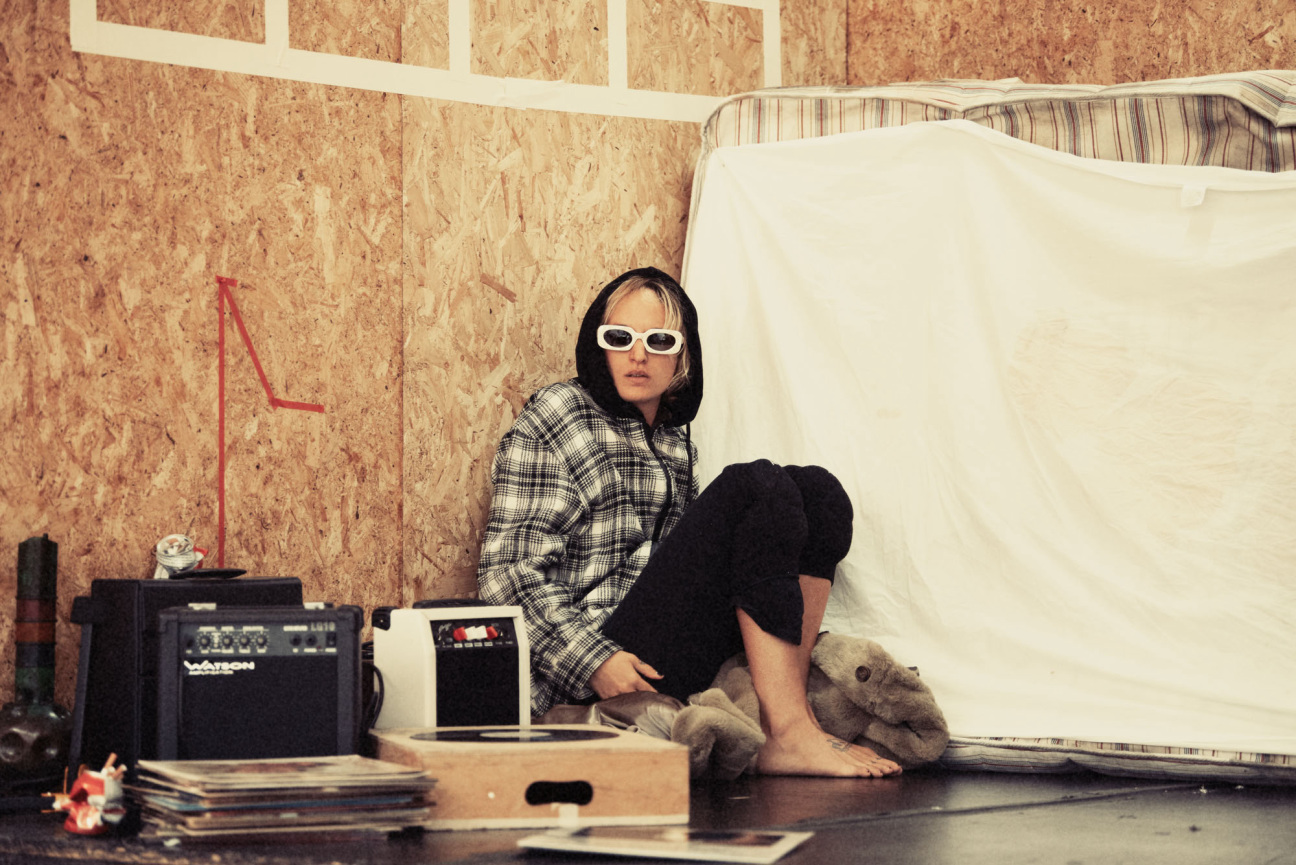
Copson: The wonderful thing about opera is we had six weeks of rehearsal together. We live in an age where the desire is for the content mill to pummel things out. Certain things can be made fast and in a fantastic way with a strong attitude. But we didn’t go into anything flippantly here. I sent Agathe a list of things that I’d been reading, all the existentialist texts on suicide—you’ve got to delve into that stuff.
We didn’t get into the literal blocking of scenes until way down the line, because it was far more important to figure out who our version of Blake was. There was a perfect level of enthusiastic amateurness, which is very good—especially for something like opera which is understood, culturally at least, to be a dead form.
CULTURED: You were making a work about death in a dead form. Did you think about the metanarrative within the opera itself?
Copson: For me, that’s one of the keys to unlocking it. I hate biopics as a form. I have a moral problem with most of them—to summarize someone’s existence within extremely conventional terms seems like quite a vulgar thing to do. But I love it when things like Last Days exist, things that play with an idea of reality and truth to get to that third position of art—neither trying to depict the very thing, nor trying to access this more archetypal understanding.
Opera deals with melodrama, and we’re dealing with someone’s suicide here, so we’re not a million miles away from Greek theater or some of these classics. On the other hand, the reason there are still kids walking around wearing Nirvana T-shirts is because that symbol represents the last hurrah of the alternative within the mainstream. [Kurt Cobain] existed at a time when there was a monoculture, when there was a singular way in which culture was consumed.
We live in a totally decentralized world now, and we’ve almost given up on the idea of provocation to any degree. We had somebody who was extremely famous but was essentially saying “fuck you” the whole time. He kind of loved the “fuck you” and the fame in equal measure.
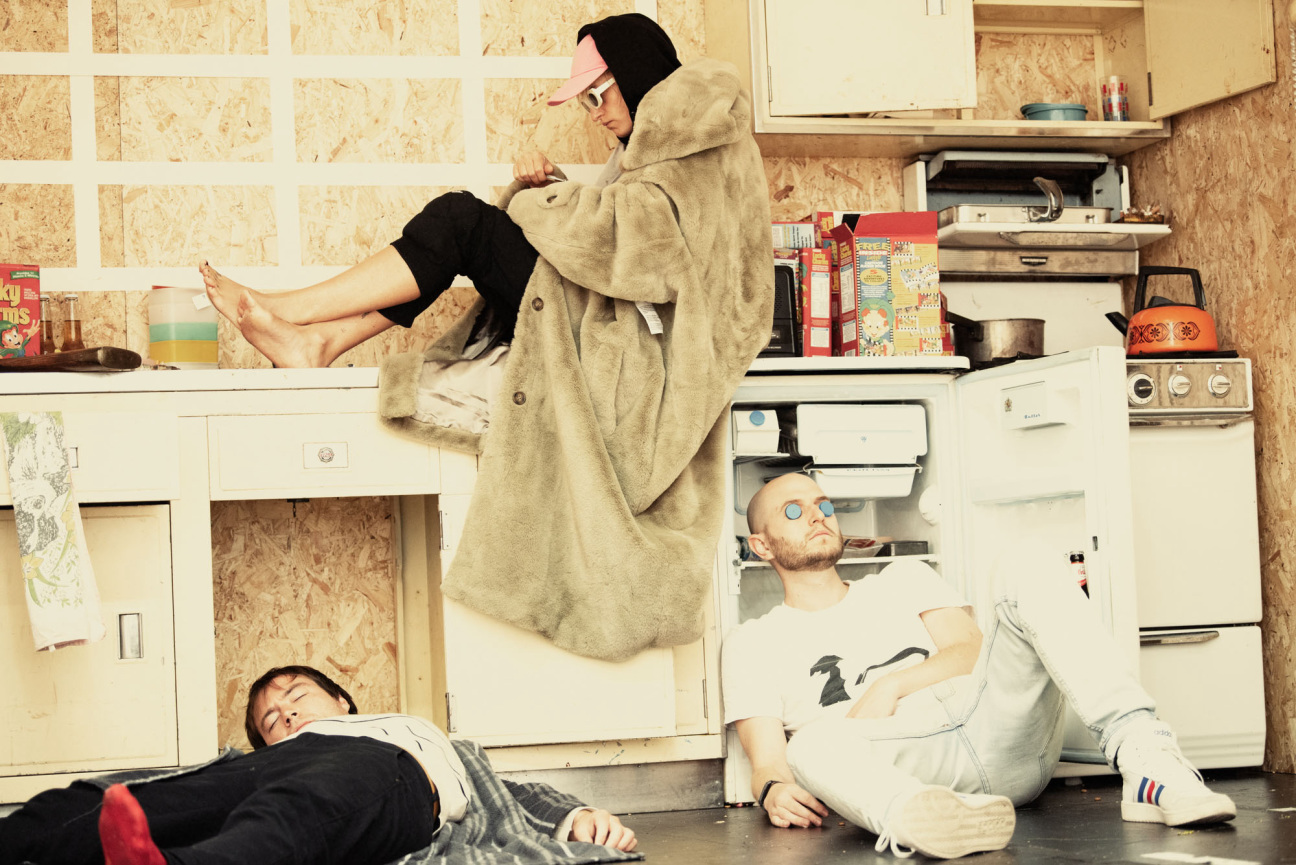
CULTURED: Agathe, how did you prepare yourself to channel someone who has become an archetype?
Rousselle: I never thought about Blake as a symbol. I don’t think he wanted to die; he just didn’t want to be here anymore. As an actor, I cannot channel a concept, but I can channel the human experience. Fortunately with Kurt Cobain, we have so much material to try to attain that. There are journals, interviews, [recorded] performances.
And Blake’s experience in the film is very human. The banality of it is insane. We’ve all been through an “I don’t want to see anyone, and I want to stay in my fucking cave for the next week and not talk to anyone” phase. He’s a rock star—that’s the extreme of it. Celebrity in general is hard to deal with, and it’s even harder when you’re not built for that, when your dream was not to be famous. That’s a new dream people have now: They don’t want to be talented, they want to be famous.
CULTURED: The costumes in Last Days are all Balenciaga. Agathe, for most of the opera you wear an enormous green coat. How did that shape Blake’s physical language?
Rousselle: If you play a pregnant woman in the film and they give you a fake prosthetic belly, it changes your whole way of walking, sitting, everything. You feel how vulnerable a pregnant woman is feeling. It was the same with that coat because it is very heavy and very hot, so it’s the best place to hide. You’re hiding, but very conscious that everyone sees you because it’s neon green.
Copson: I wanted to work with fashion. I liked the idea that people were wearing ripped jeans, but those ripped jeans cost a lot of money. I felt like I could deal with the postmodern nihilism of that position within a narrative interestingly. For Blake, I had no interest in recreating a look of Cobain’s or something from the film. I liked how [Balenciaga] clothes are exaggerated, which is perfect for the stage.
I was always thinking about how in LA you’re in the supermarket and a celebrity is there, supposedly undercover, but wearing fucking pink fuzz. There’s an emotional truth that you don’t want the limelight, but it’s the only thing you know.
CULTURED: How are you both taking into account the change of city, from London to Los Angeles? LA represents in many ways the paragon of celebrity, with all of its noir undertones.
Copson: There is obviously a potency [in LA], and I like things that have extreme potency before you even do anything. I mean, Kurt lived just here. I went to the house the other day because Arthur Jafa owns it. It's all crumbling apart. You'd love it Agathe; there's people breaking in there to do seances, and Kurt’s name is on the wall … But the major difference is the stage. The stage in the Royal Opera House is pretty intimate whereas the Walt Disney Concert Hall is this crazy piece of starchitecture. How do we retain the intimacy of the piece? How does Blake walk across the stage?
Rousselle: It's like a band. A band starts playing at small bars, and then the venues get bigger and bigger. They just find a way to move differently.
Copson: It’s going to be your stadium rock performance.

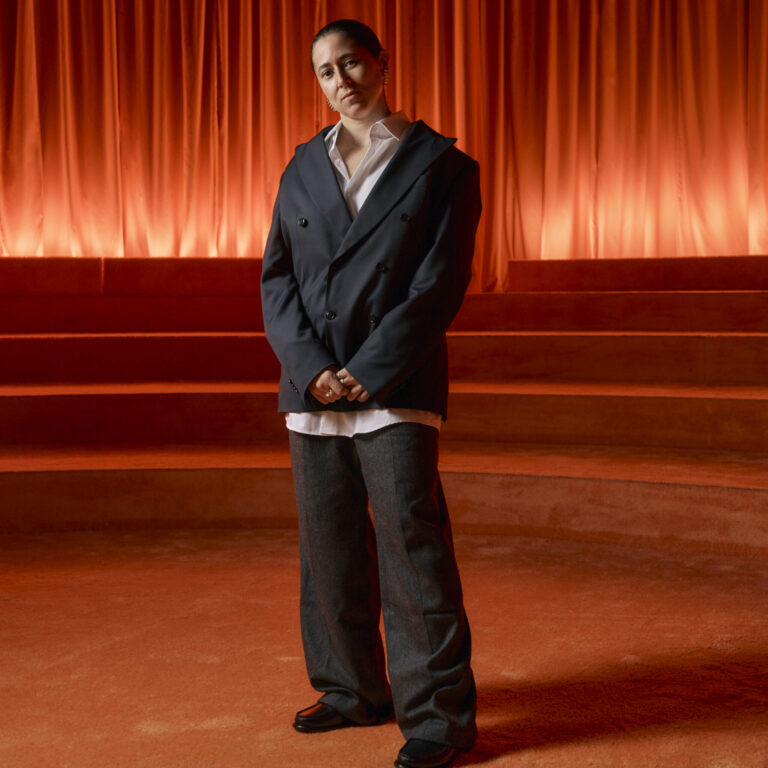
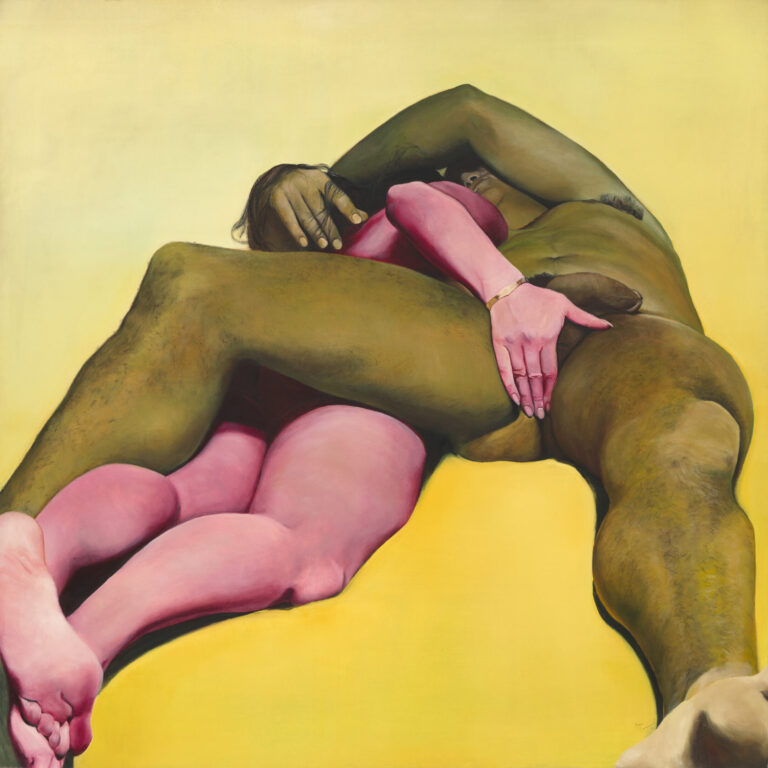
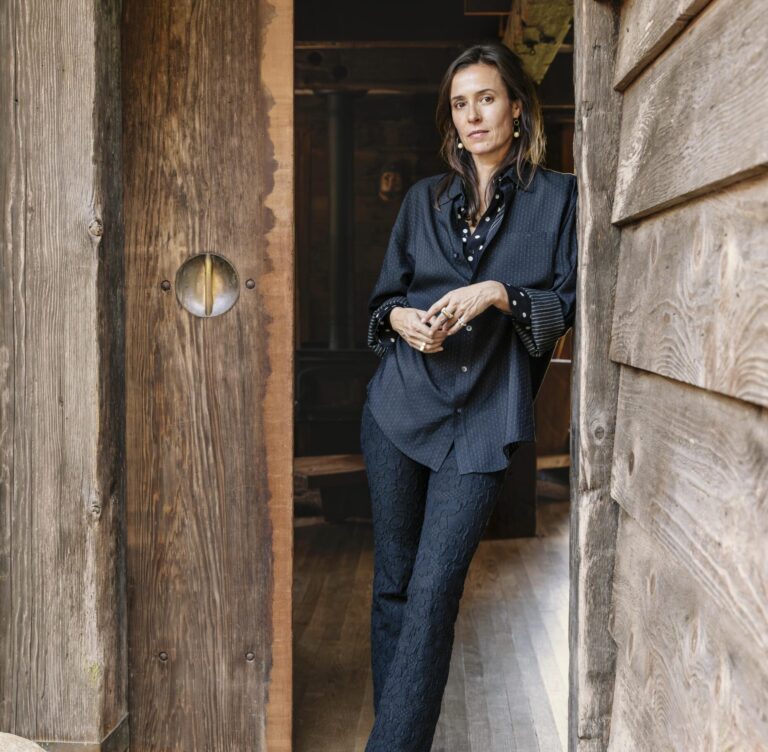
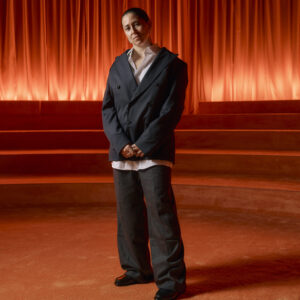
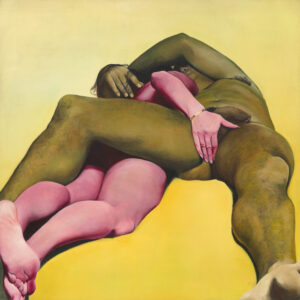
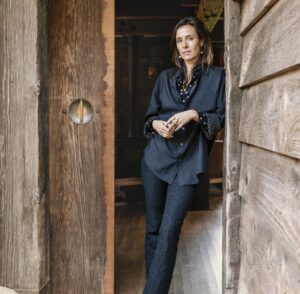



 in your life?
in your life?

